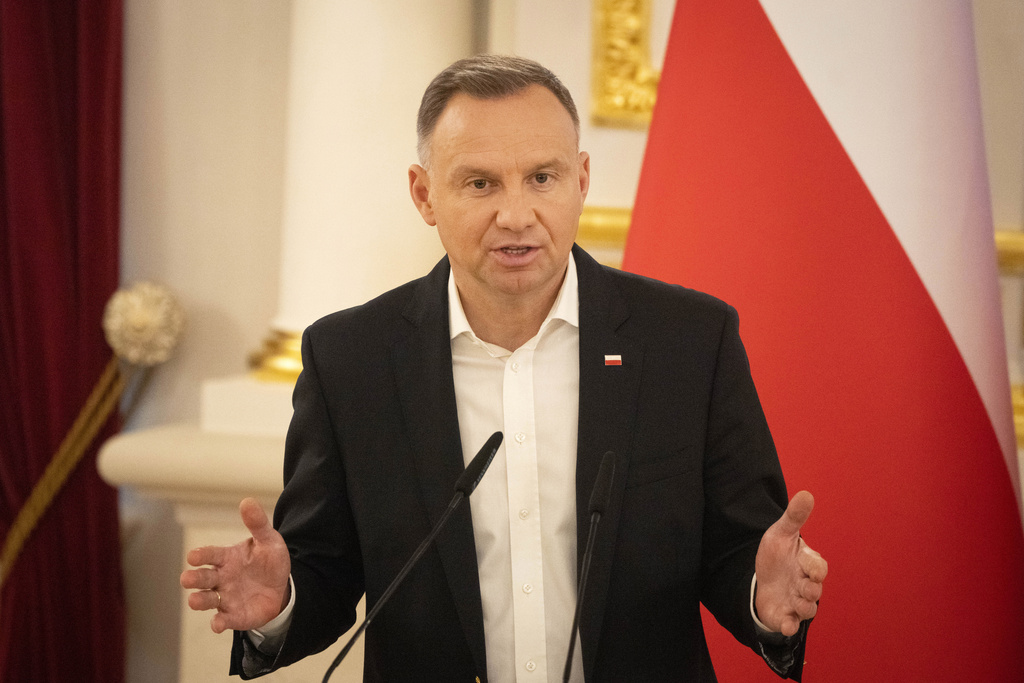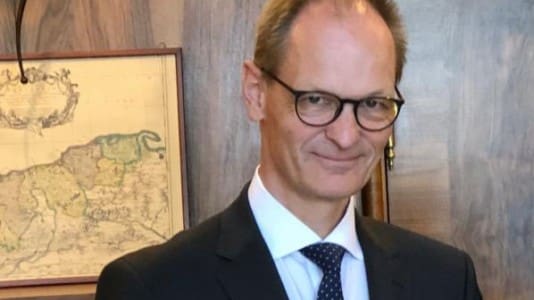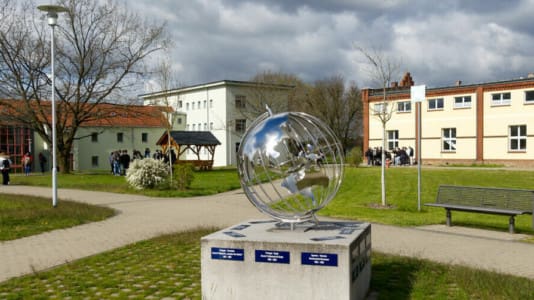Poland’s head of state told reporters that members and partners must now act on the decisions taken at the Madrid summit on strengthening NATO’s eastern flank with Russia. Discussions at the summit in Vilnius will include a provision that each country commits ready-for-combat forces to counter the threat from Russia. According to Duda, 300,000 troops would strengthen NATO’s eastern flank in the event of an attack in a maximum of 30 days.
The Polish president also said that there was a need to extend pipelines supplying fuel to NATO territories in the east of the alliance. At the moment, these pipelines run only as far as Germany.
Duda said he hoped that Ukraine would be able to see a clear light for membership in NATO. He acknowledged that there would be no invitation for Ukraine to join NATO, but a formal NATO-Ukraine council would be set up, giving Ukraine more opportunities for working within the NATO framework.
Duda revealed that they may also agree to evaluate Ukraine’s readiness for NATO membership in November.
“This is not yet an invitation to join NATO, but it would mark a path toward it,” he said.
According to Duda, summit participants would also discuss the situation in Belarus with regard to the location of Russian nuclear arms and the transfer of the Wagner group to that territory. Duda believes that both moves have “changed the security architecture in this part of Europe,” which means that “NATO needs to review its policies on the deployment of nuclear weapons.”
Poland has been pursuing Western powers to host nuclear weapons on Polish soil, and the country may use the summit to lobby further toward this goal. The Russian government has warned that if such a move is made, it may increase the risk of a third world war.
Finally, Poland’s head of state said he would also be raising the issue of military spending by NATO member states. He said the commitment to spend 2 percent of GDP should be seen as a bare minimum, which Poland was already doubling in order to deter the threat from Russia.






